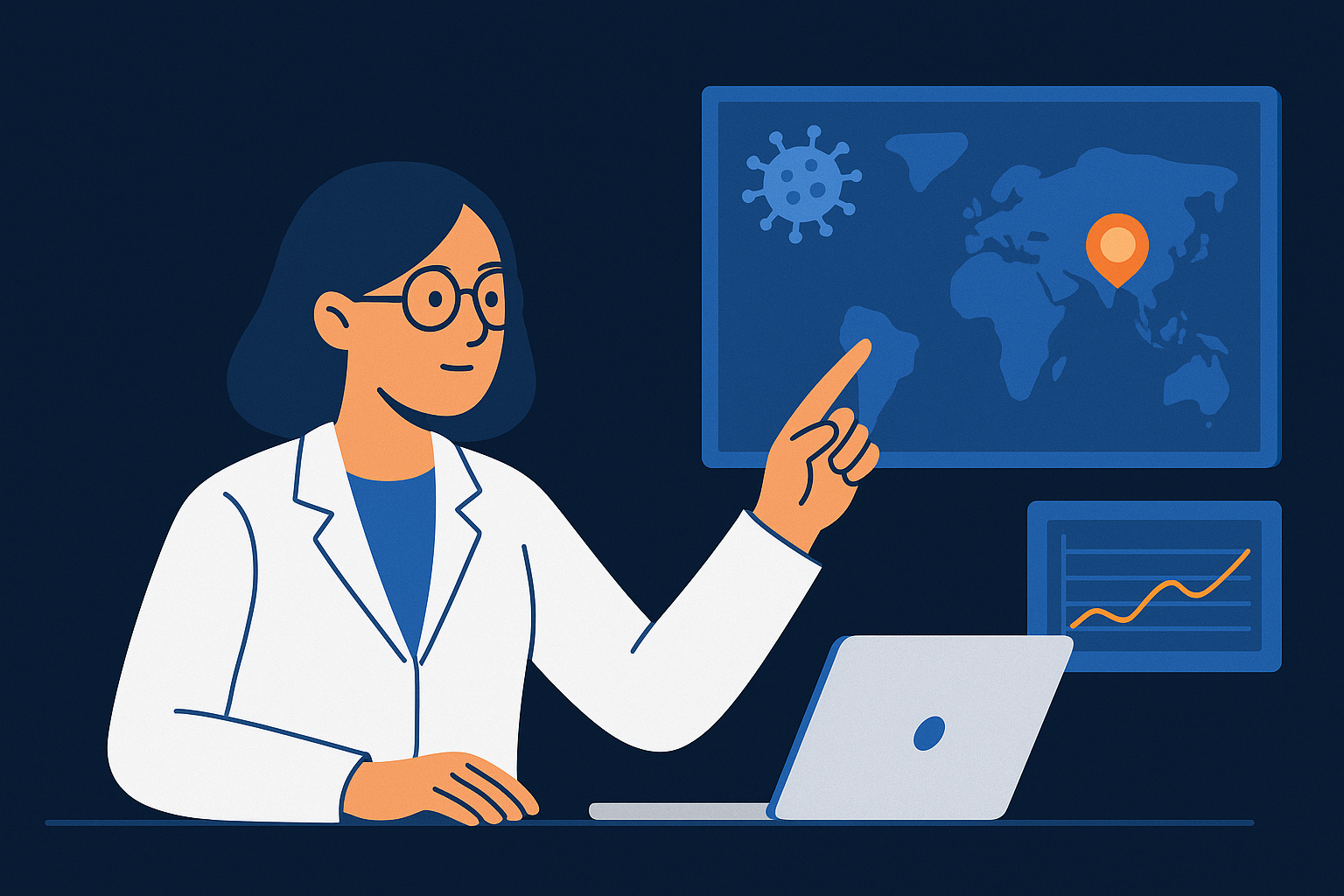Despite being a modern company with a distributed team, Quantiva believes in the tremendous value that can be derived from being “on the ground” to support our clients and projects. Looking back over this busy summer, our ports-of-call have included Arizona, California, Florida, Washington DC, The Netherlands, and the “City of Lights” - Paris, France.
Our Paris trip was driven by our defining interest in meeting face-to-face with the innovative early stage companies participating in VivaTech, Europe’s largest startup conference.
On the convention floor, breakout sessions, and in hospitality suites, we met with quite a few impressive companies.
People Are Saying: US Market Penetration & Digital Twins in Medtech and Biotech
A common theme that emerged during our discussions was the various challenges involved in breaking into the United States market - the largest target market for many of these companies. This was particularly the case for companies building SaMD (Software as a Medical Device) products, especially those that have included AI / Machine Learning components in their products.

These difficulties stem from the considerable effort and cost required to obtain the required FDA 510(k) clearance, which can be prohibitive for early stage companies. We were surprised to find out that a number of the companies we talked to were unaware of modern processes and approaches which, based on our experience helping US-based SaMD clients, can shave off a significant amount of effort for aspects such as algorithm validation, compliance and security, among other things.
Besides the expected omnipresence of “AI” in virtually all pitch decks and banners, one intriguing trend caught our attention: the application of “Digital Twin” technology to Medtech and Biotech ventures. While somewhat commonplace in manufacturing processes, infrastructure development, and supply chain management, it was exciting to see companies applying it to biology at various scales.
Early-Stage Spotlight; VivaTech Edition
Taking the Quantiva Acceleration Network on the road, we had the opportunity to connect with quite a few exciting early stage companies at Viva Tech. These included DeepLife, inHeart, and .lumen.
At the cellular level, DeepLife develops digital twins of cells to support, among other things, drug discovery research. Their product models biological networks and metabolic pathways for cell types of interest, and allows researchers to accurately simulate the potential effects of various molecules in the digital space, before moving on to costly physical experimentation.
Going from the cell scale to the organ scale, inHEART’s innovative product builds a digital twin of a patient’s heart. Using this model, doctors get access to a high fidelity representation of the patient's heart, including detailed anatomical structures and tissue characteristics. This enables surgeons to efficiently visualize and plan their surgical strategy and reduce procedure time by being able to more completely plan the procedure in advance.

In a different but adjacent field, we were truly impressed by .lumen's assistive glasses for the visually impaired and the blind. Through subtle haptic inputs, which help the brain intuitively construct a representation of its surroundings, we were able to navigate a busy section of the conference floor, blindfolded, and successfully avoid the myriad of conference attendees, looking squarely down at their phones and forging full steam ahead. It was a truly impressive demonstration for the tech and, as such, it was no surprise to see that Founder & CEO Cornel Amariei and his team were invited a few weeks later to showcase at Nvidia GTC in San Jose, CA. (Nvidia GTC is a conference where “developers, researchers, creators, IT decision makers, business leaders, and students gather to learn how to shape our world with the power of AI, accelerated computing, data science, and more.”).
Reassuring Takeaways
In a sea of pitch decks, products and prototypes plastered with over-hyped “AI-powered” buzz words, it was refreshing to find many examples of genuine innovation.
Equally, many of the founders we spoke with appreciated Quantiva’s ability to help them navigate the choppy waters of US market deployment as well as to facilitate their achievement of true AI innovation. To all the great companies and entrepreneurs we met, "we'll always have Paris!"
Stay tuned for more innovations and early-stage business spotlights in our upcoming newsletters which will include coverage of our collaborations with GPL Technologies and Just Decisions, as well as updates on the Quantiva Acceleration Network and Instant Action.




